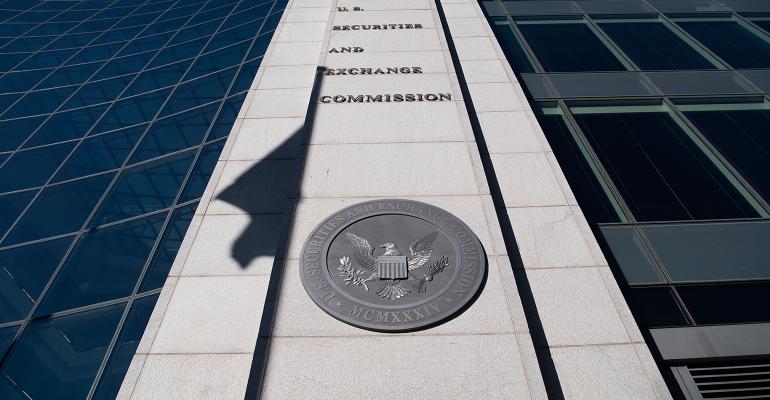Dallas-based hybrid broker/dealer and RIA ISC Advisors, with more than $1 billion in assets, is the latest to settle charges with the Securities and Exchange Commission for recommending higher-cost mutual fund share classes when more affordable options were available and failing to disclose the fact.
Beginning in at least January 2014, ISC Advisors, which has been registered with the commission since 2013, was recommending clients purchase and hold share classes that paid 12b-1 fees to its affiliated broker/dealer, which would subsequently financially benefit the firm’s advisors, according to the SEC’s settlement order filed last week. ISC did not disclose the conflict of interest with those clients.
Mutual funds will often offer different share classes that resemble each other and have similar objectives but differ in their fee structures. In the case of some share classes, recurring 12b-1 fees are included to cover “fund distribution and sometimes shareholder services,” according to the order. Typically, an investor will earn higher returns over time if they are invested in a share class that does not include such fees.
“As an investment adviser (ISC Advisors) was obligated to disclose all material facts to its advisory clients, including any conflicts of interest between itself and/or its associated persons and its clients that could affect the advisory relationship and how those conflicts could affect the advice (ISC Advisors) provided its clients,” the order read.
The firm’s Form ADV did disclose that while recommending a mutual fund with 12b-1 fees could present a conflict of interest for advisors, the firm prohibited front- or back-end sales charges, which they claimed helped mitigate such conflicts, according to the order. But the firm did not disclose that advisors may select share classes charging 12b-1 fees even when share classes with lower expense ratios were available. ISC Advisors’ affiliated broker also participated in a cash sweep program with its clearing broker in which it benefited from revenue sharing generated from clients’ uninvested cash, and did so without informing clients.
A spokesperson for ISC did not immediately respond to a request for comment.
According to the SEC, ISC Advisors was eligible to self-report the undisclosed conflicts in 2018’s Share Class Selection Disclosure Initiative, which encouraged firms to report such fees in return for lower penalties but failed to do so.
The SEC has pursued actions and settlements against firms that did not self-report, including Centaurus Financial, which was ordered to pay $1.2 million as part of a settlement, and Voya Financial Advisors, which agreed to pay nearly $23 million to settle similar violations. CapWealth Advisors, a Tennessee-based firm, was accused of similar allegations, but decided to make a defense in court, with a jury trial date set for no later than June of next year.
ISC did not admit nor deny the findings of the settlement, but it agreed to a cease and desist, as well as a censure. The firm will pay more than $716,300 in disgorgement, prejudgment interest and a civil penalty.




